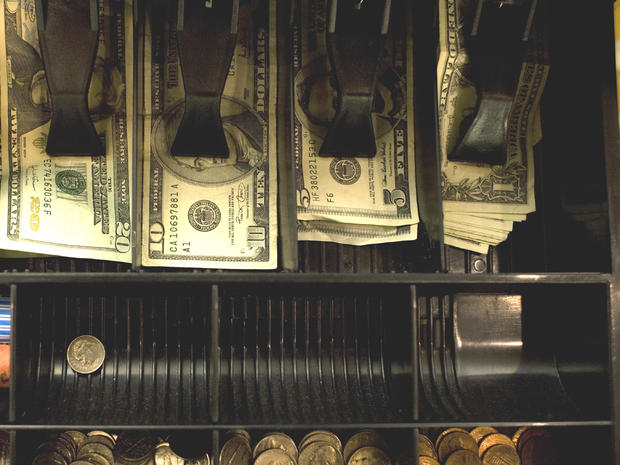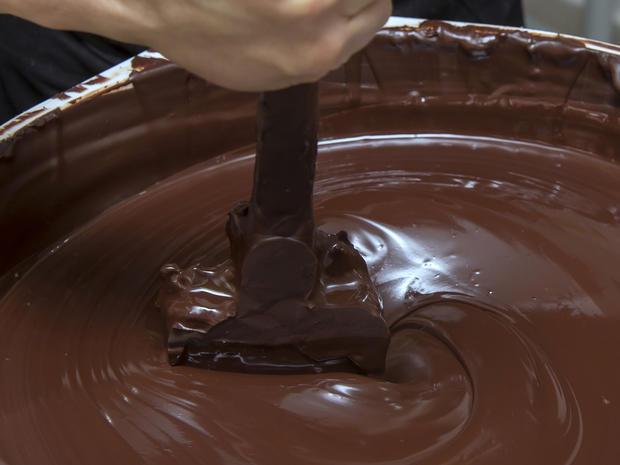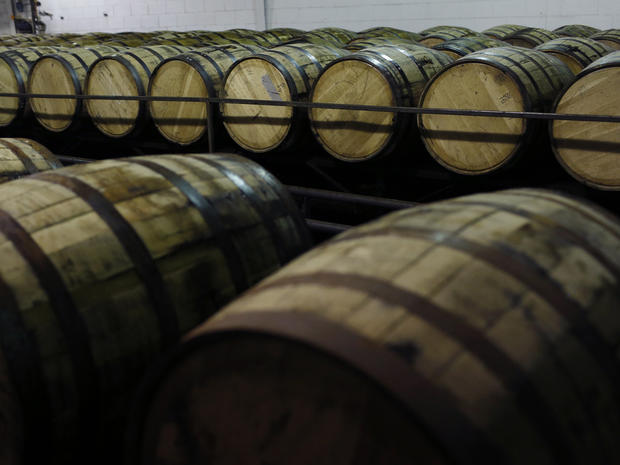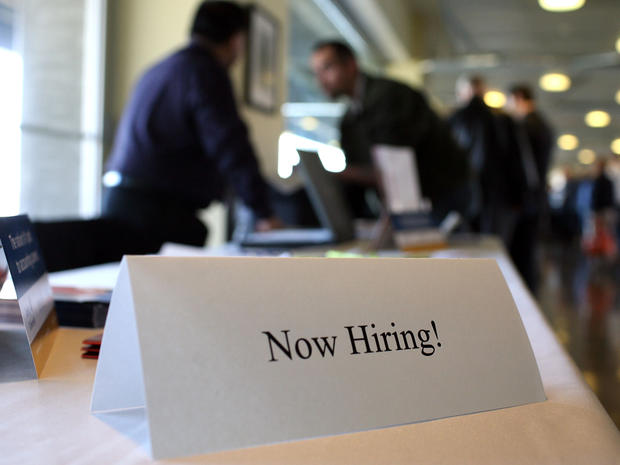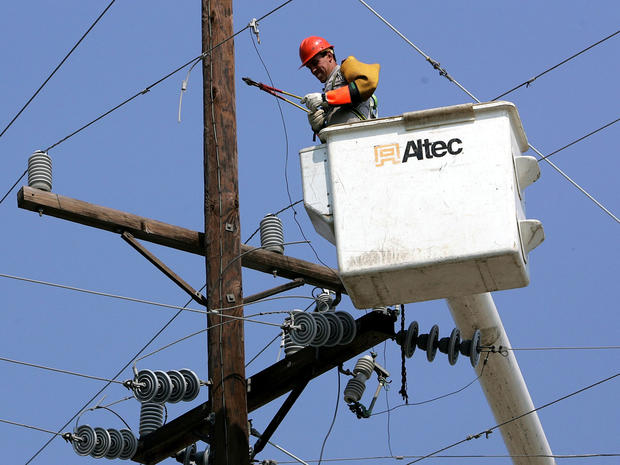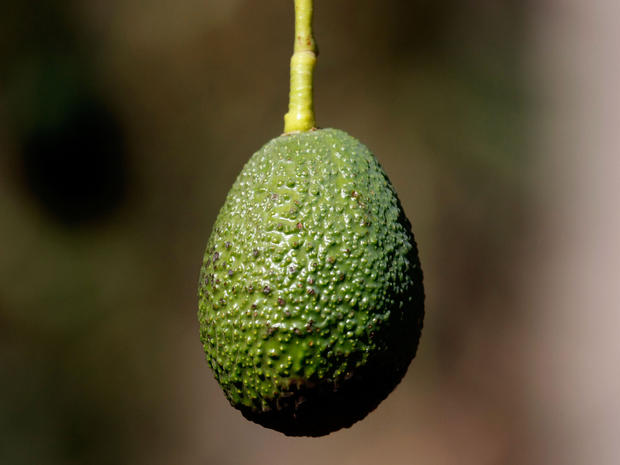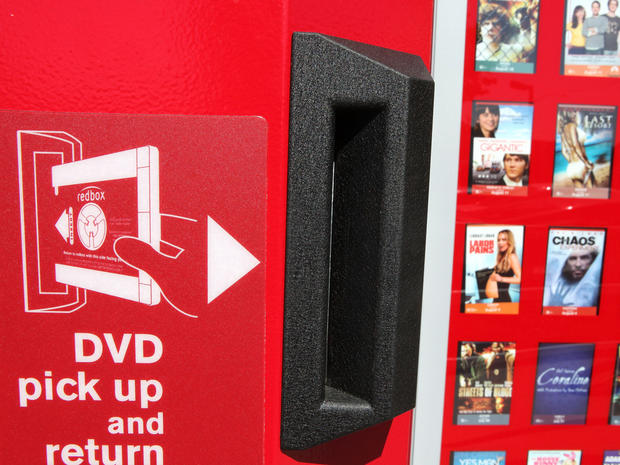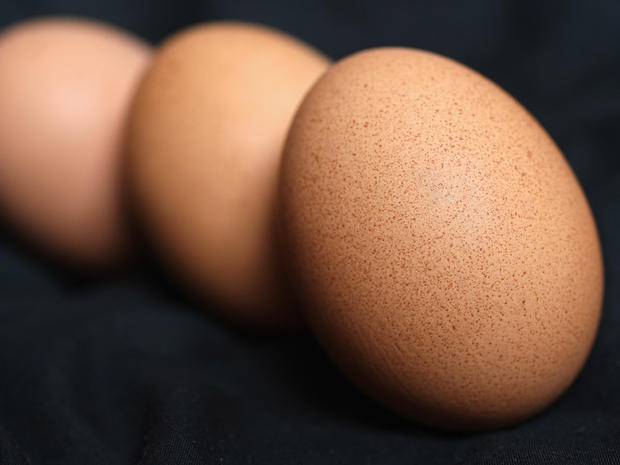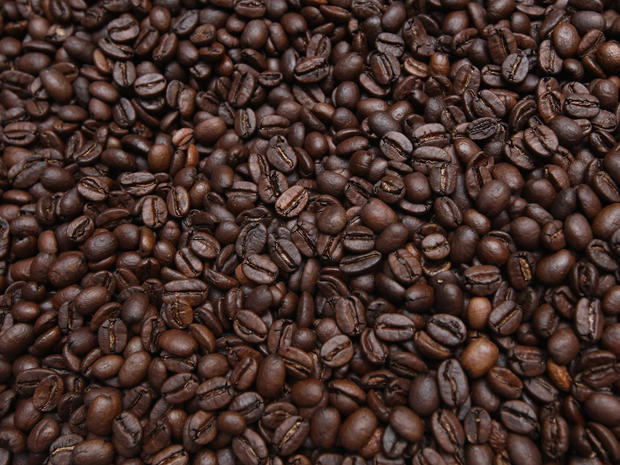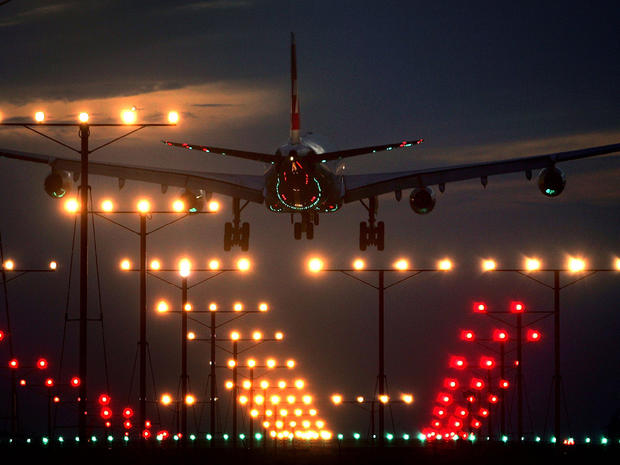10 things getting more expensive in 2015
Gas prices are tumbling and inflation is barely moving the needle. It's a great time to be a U.S. consumer, right?
Not so fast. Prices are still climbing in some areas, and that means Americans will be paying more for certain things next year. The good news is that many of those things can be classified as "wants" and not needs, so your household budget can catch a break if you're willing to give up some indulgences.
Read on for 10 things expected to get pricier next year:
Chocolate
Hershey (HSY) set the tone earlier this year when it announced an 8 percent price increase across its product line. The company said that cocoa, dairy and nuts were getting significantly more expensive along with packaging and transportation costs.
At the same time, global demand for chocolate is rising, and producers -- most of whom are in Africa -- are having a hard time keeping up. The world's population gobbled up 7.2 million tons of chocolate in 2009 and is expected to consume 8.5 million tons by 2020, according to data from Statista. Much of that new demand is expected to come from China.
By 2020, in fact, experts say the world will want 1 million metric tons more cocoa than farmers can actually produce. It's a shortage that television host Steven Colbert recently called a "cocoa-geddon."
Bourbon
This is an odd one, because there doesn't appear to be an actual bourbon shortage. Instead, bourbon fans are rushing to stock up just in case a shortage takes place. When demand spikes, you can be sure prices will follow suit.
U.S. sales of Kentucky-made bourbon rose 36 percent in the last five years to $1.5 billion, The Wall Street Journal reports. Exports spiked 56 percent over the last four years. "It's getting really ridiculous with these prices," one fan complained on Twitter recently. "Speculation kills the market for us whisky lovers."
Employees
This one's for the companies out there looking to hire workers next year. They'll cost more.
Wages are finally inching up after being stuck in a rut for years. Average hourly wages rose by 0.4 percent in November, the Labor Department said. It was the largest monthly spike in wages in more than a year. The unemployment rate fell to 5.8 percent this year, which means that good employees are even harder to find now.
Wages have grown by 2.1 percent this year. Not quite the 3 percent to 4 percent growth that is the hallmark of a healthy economy, but the country is headed in that direction.
Electricity
Utilities across the country have been announcing price hikes for the next year. In New Hampshire, customers of Public Service Company will pay an extra $5 to $7 per month. In Marion, Kansas, the city council is set to vote on increasing utility rates by $25 a month. In Phoenix, Salt River Project is pushing a 4 percent hike.
In fact, electricity is the only energy category expected to see an increase next year, according to the U.S. Energy Information Administration. While oil, natural gas, diesel and heating oil are likely to fall in price, the average U.S. household will see its electric costs increase from 12.47 cents per kilowatt hour to 12.69 cents.Electric prices are estimated to have jumped nearly 3 percent from 2013 to 2014 -- the sharpest rise since 2008.
Avocados
Global demand for avocados is growing, and farmers in California, Mexico and Chile can't keep up. The crops are getting hurt by drought as well.
The U.S., with its ongoing guacamole addiction, has long been the world's biggest buyer of avocados, importing some 1.7 billion pounds a year, according to Marketplace. But Asia is discovering the fruit in a big way. Mexico imported about $3 million worth of avocados to China in the first six months of the year. Sales of Mexican avocados were up 30 percent in the first half of the year.
The avocado is still a foreign fruit to many Chinese consumers. As demand for the fruit spreads in Asia, prices are sure to increase further.
Health care
Health care premiums pretty much go up every year, and Obamacare didn't change that. Still, the average increases expected for 2015 are expected to be fairly minimal. Premiums for the most popular plan under the Affordable Care Act will rise an average of 5 percent.
"Benchmark premiums going into year two of the health law are very stable nationally, driven largely by strong competition among insurers," Larry Levitt of the nonpartisan Kaiser Family Foundation told the Associated Press. "How the law is playing out varies quite a bit across the country, with premiums increasing in some areas but actually going down in other places, which is almost unheard of."
More health care companies are expanding to new states. In some cases, that's leading to intense price competition between the providers. Still, though, premiums are on the rise.
Redbox rentals
The price to rent a DVD through Redbox's kiosks rose on Dec. 2 by 30 cents to $1.50 a day. The price for a Blu-ray disk rose by 50 cents to $2 a day. On Jan. 6, it will cost $1 more, to $3 a day, to rent a video game.
Even after the increase, Redbox will still be significantly cheaper than renting a movie on demand or from streaming a film through Amazon, according to Engadget.
One analyst, Eric Wold of B. Riley & Co, said he expects customers will keep using Redbox even after the price increase. They may get fewer movies or become more aggressive with using Redbox's ubiquitous online discount and promotional codes, however.
Eggs
A new law taking effect in California next month requires henhouses to make more room for their birds. The hens must be able to stand up, extend their wings and move around.
The state law impacts farmers across the country -- or at least anyone who wants to sell eggs there. And so farmers nationwide are upgrading their facilities, Bloomberg reports. Their costs are going up as a result, and those increases are sure to be passed down to customers.
Consumers have already been shelled by egg prices, which are up some 34 percent from a year ago. "You're going to see some really large spikes in the price of eggs in January," one egg farmer told Bloomberg.
Coffee
Owners of Keurig single-serve coffee machines in particular may start to see a price increase next year. That's because Kraft (KRFT) said it would raise the price of its Maxwell House, Gevalia, McCafe and Yuban K-Cup packs by about 9 percent on Dec. 28. The company blamed price increases for its raw materials.
Coffee was already spiking up this year. Kraft raised prices for its Maxwell House and Yuban brands this summer, and J.M. Smucker raised pries for its Folgers and Dunkin Donuts brands around the same time. Keurig (GMCR) raised the prices of its K-Cup packs by 9 percent in November.
Prices for the premium Arabica coffee beans hit a high in October after a drought in Brazil, Reuters reports.
Airfare
Like automobile drivers, airlines are enjoying rock-bottom fuel costs as the price of oil has plunged. But airfares continue to increase, and airlines say they're using their new profits to improve airports and planes.
That isn't sitting well with Sen. Charles Schumer, who is pushing the federal government to investigate why airfares haven't fallen along with fuel prices.
"Why are prices going up? This is just really unfair and wrong," said Schumer, according to The New York Post.
Fliers aren't too happy with ticket prices, but investors have reason to celebrate. Airline stock prices have soared in recent months as Wall Street caught wind of the increased profits.
